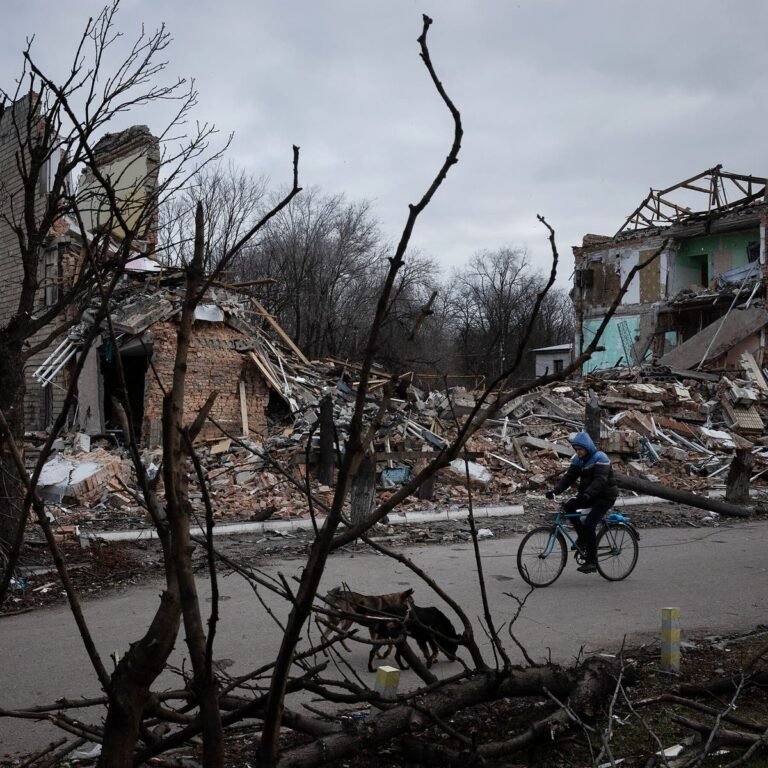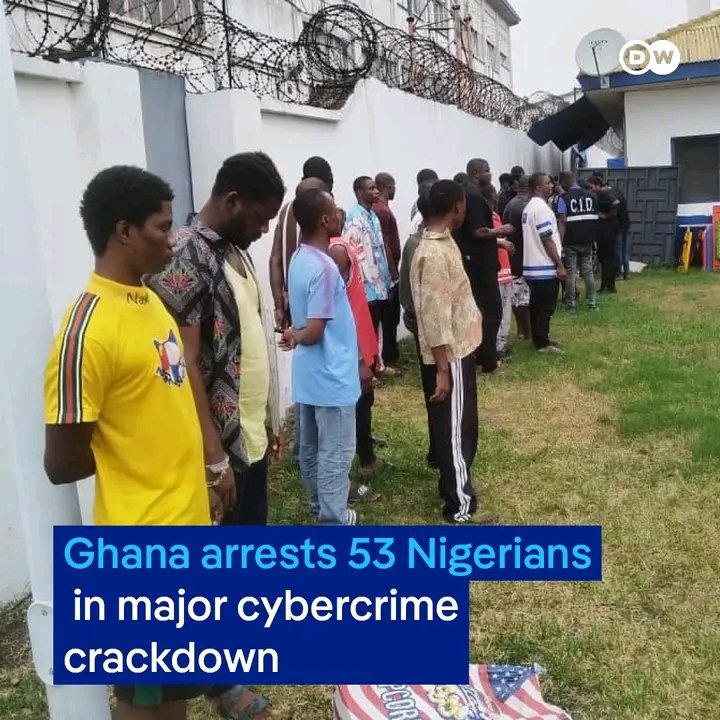

Eritrean Refugees in Uganda Formally Request Citizenship, Pledge to Boost Development
KAMPALA – In a historic move that tests the boundaries of Uganda’s acclaimed refugee policy, a community of Eritrean refugees has formally submitted a request to the Ugandan government to be granted full citizenship and recognized as an integral part of the nation’s social fabric.
The community, which has found refuge in Uganda from conditions in their home country, argues that formal recognition would allow them to fully unlock their potential to contribute to Uganda’s economy and society, much like established ethnic groups such as the Basoga or Banyankole.
“We believe that if Uganda accepts and recognizes us, we will be able to contribute even more significantly and help develop the country,” stated a representative of the Eritrean community. “We want to move from being guests to being permanent stakeholders in Uganda’s future.”
A Test for a Progressive Model
The request places Uganda’s progressive refugee policy under a global spotlight. Praised by international agencies, Uganda’s approach grants refugees freedom of movement, the right to work, access to land, and opportunities for self-reliance. The Eritreans’ appeal is seen by many as the ultimate extension of this integration-focused model.
“Their request is a natural progression of the local integration that Uganda already encourages,” said an analyst familiar with refugee law. “It’s a plea for permanence and stability, to finally shed the legal limbo of refugee status.”
Touting Economic and Social Benefits
The community’s application is backed by promises of tangible benefits. Eritrean refugees are often noted for their entrepreneurial spirit, having established businesses, created jobs, and stimulated local markets in urban centers and settlements.
The community highlights its pool of educated and skilled individuals in sectors like technology, education, and trades, arguing that citizenship would allow them to invest and innovate without restriction, directly contributing to national development. Furthermore, they see their integration as a chance to add to Uganda’s rich cultural diversity.
Significant Hurdles Remain
Despite the compelling arguments, the path to mass citizenship is fraught with legal and procedural challenges. Uganda’s Citizenship and Immigration Control Act mandates a 20-year residency requirement for naturalization, a barrier for many.
A potential avenue could be presidential discretion, where the President can grant citizenship to individuals with a decade of residence if it is deemed in the public interest. However, this would constitute a major political decision.
The government must also consider the precedent it would set for other large refugee populations from countries like South Sudan and the Democratic Republic of Congo. Additional considerations include national security vetting, domestic public opinion, and nuanced diplomatic relations with Eritrea.
A Government Deliberation
Officials from the Office of the Prime Minister, which manages refugee affairs, have acknowledged receiving the request and confirmed it is under review. The government now faces a delicate balancing act, weighing its humanitarian principles against legal frameworks, political implications, and long-term vision for the nation.
The world will be watching Uganda’s response. This decision will not only determine the future of thousands of Eritreans but also define the ultimate limits of one of the world’s most compassionate refugee systems, answering whether it can offer not just refuge, but a true and formal home.






